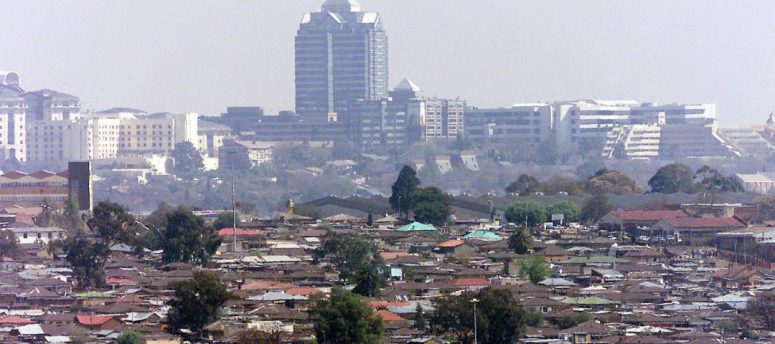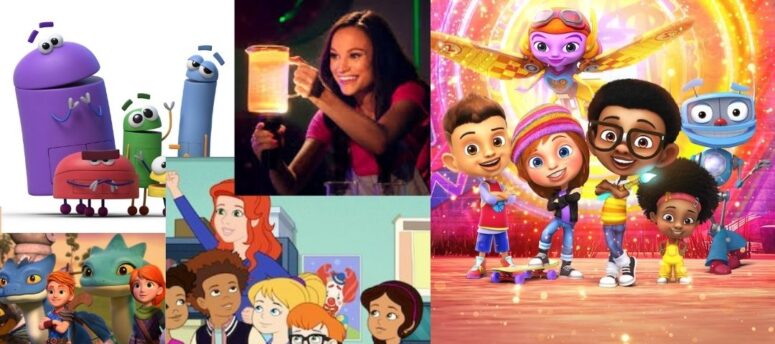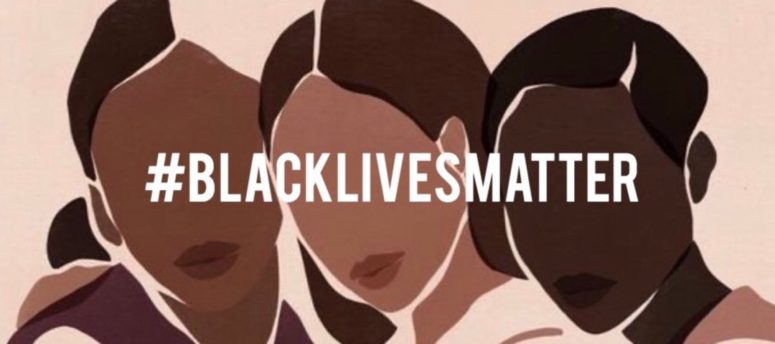I lived in South Africa for almost ten years, and I really did love it there (how weird is it that I’m describing it in past tense, by the way!). I always described it as a first world experience in a third-world country. When people would ask about it, I would almost always give the example of the fact that I could drive from Joburg to Pretoria to get my waxing and nails done, eating sushi with my friend/beauty technician… but I’d have to drive past a township of shacks to get there. I didn’t think I had illusions about the poverty in South Africa, but it wasn’t something I was aware of on a daily basis until it all felt a lot closer to home.
To be clear, I knew there was intense poverty in the country. I saw it in the scale of the maternity ward when I did the Mother’s Day Connect event. And I even saw it when I got a domestic worker once a week to help clean my house – realizing how little she lived on and how grateful she was for anything extra that I could give her.
In my head, though, I didn’t interact with people who were struggling to get by on a daily basis. It’s funny, I have a masters degree and studied so much about globalization and inequality. I thought I knew a lot about it and would often talk about systemic and structural economic inequalities. But with the exception of the lady who came to clean my home once a week, I figured that pretty much everyone else I talked to – the checkout ladies at the local grocery store, the teacher’s assistants at Harley’s school, the people taking my order when I’d get takeaways – were all doing relatively okay financially. Sure, I knew that they weren’t rich or something, but I didn’t think they were living in poverty. I mean, they had jobs, right?
Leading up to our move to Arizona, we were trying to sell a variety of items in our home and give pretty much everything else away. I spoke to the people at Harley’s school, letting them know we were leaving but also giving them the opportunity to buy some of our things if they were interested. There was one teacher’s aide in particular who I liked – she was so helpful with Harley from the very first day. She used to literally carry Harley all day until she became comfortable at the school, and they eventually loved each other so much it was remarkable. Nomsa treated Harley like her own little girl (she has one the same age) and was always kind, gentle and understanding, even when Harley was a screaming banshee in those early days of getting used to school.
When we were leaving, Nomsa asked to buy a few things from us. She wanted our TV but couldn’t afford it, and eventually settled on buying our microwave. She asked if we had any old pots and pans or curtains, and I was happy to give her those as well – I had planned on donating or trashing them, so was glad if someone else could get some use out of them. The next day, she came up to me in the parking lot. She is generally shy and doesn’t engage all that much with the parents, but she came over and hugged me. She told me that the curtains looked lovely in her home, that she was so grateful for everything, that God had brought me into her life, that I had changed her life.
They were 9-year-old pots and pans and some old curtains. How can that be life-changing? How little did she have that old pots and pans or curtains could be so significant? The more I thought about it and talked about it with friends, the clearer it became. Sure, Nomsa works at an amazing little preschool, and probably earns a steady income. But that doesn’t mean that income is particularly great. She probably earns little more than a domestic worker would, if that. I don’t know how much she’s earning, but clearly, it’s not enough to buy new pots or pans while also feeding her family. No, she isn’t begging at an intersection. She is working long hard days, and still in need of those things we’d consider basic necessities.
This is the lady who literally carried Harley for weeks if not months. Who took care of my little girl and helped make her the confident, amazing child she is now. She used to wish me a good morning every day, and reassure me that Harley was making excellent progress. And then what? Go home to a one room house? Wonder how she was going to give her own child even close to the kind of food she watched the rest of us feeding our little ones?
I ended up giving Nomsa so much stuff. From cookware to toys, clothes for her little one and even some of my own clothing. Most of the items earmarked for donation became allocated to her. But it was just so devasting to realize the truth of the situation. Poverty was so much closer all along, and I was just blind to it. Yes, South Africa has a lot of wealth, it has some amazing restaurants and experiences, and you can live a very first-world life. But the poverty is endemic, and way more people are living in a third-world version of South Africa than us lucky few who experience the first-world version want to realize.
DID YOU LIKE THIS POST?
If you like these words, please check out more of what I say on twitter and Facebook, and pics I take on Instagram and subscribe to my YouTube channel and follow me on Pinterest.
Also, please be sure to sign up to my carefully curated, crafted and infrequent newsletter.




